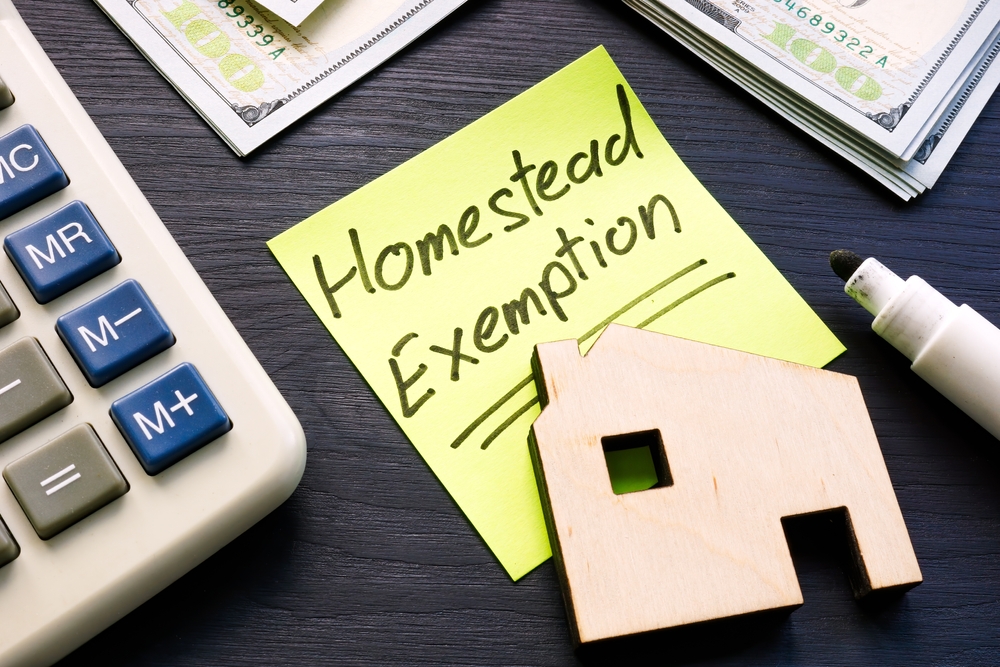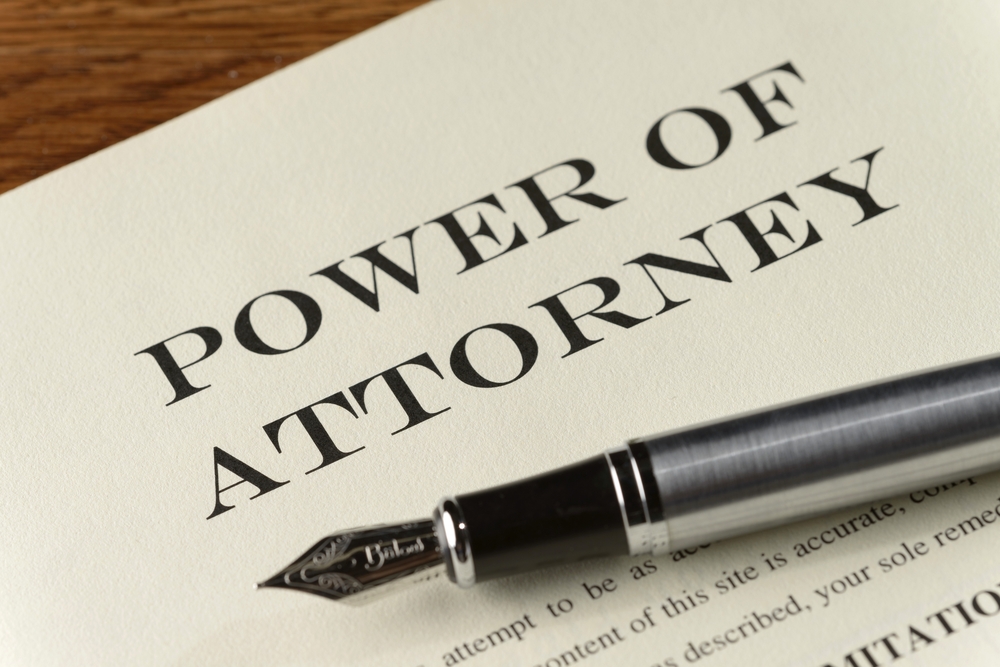The estate tax gets many headlines and was a focal point in recent negotiations over…

Florida Widow/Widower Homestead Exemption: A Simple Way to Cut Your Property Tax Bill
Losing a spouse is a heartache no one is truly prepared for. Amid the emotional whirlwind, financial concerns often feel overwhelming. But here’s some relief you might not know about: Florida’s widow/widower homestead exemption. This program offers a meaningful way to ease a challenging time by reducing your property tax burden year after year.
Imagine lowering your home’s taxable value by $5,000, on top of Florida’s standard homestead exemption. That’s real savings that could make a difference in your financial peace of mind. If your spouse passed away recently and your Florida home is your primary residence, you may qualify for this benefit.
But how does it work? How much could you save? And what steps do you need to take to claim this exemption? Don’t worry—we’ve got you covered. In this post, we’ll walk you through everything you need to know, from eligibility details to the application process, all aimed at making this relief accessible when you need it most.
What Is Florida’s Widow/Widower Homestead Tax Exemption?
In Florida, homeowners can claim multiple property tax exemptions that reduce the assessed value of their primary residence. The most well-known is the basic homestead exemption, which can reduce the taxable value of a home by up to $50,000.
In addition to this, the widow/widower exemption reduces your home’s assessed value by $5,000 if your spouse has passed away and you meet certain criteria. This means your annual property tax bill could drop by around $100, depending on your local tax rate.
It may not seem like much at first, but over 10 years, it could amount to $1,000 in savings—all for something that takes just a few moments to apply for.
Why Many Homeowners Overlooked It—Until Now
Until recently, the widow/widower exemption in Florida was only $500, which translated to minimal annual tax savings. For example, in Brevard County, that older exemption saved homeowners around $5 per year—not enough to make filing worthwhile for many.
But the new $5,000 exemption makes the benefit significantly more attractive. .
Who Qualifies for the Widow/Widower Exemption in Florida?
To qualify for the widow/widower homestead exemption, you must meet the following criteria:
- Your spouse must have passed away on or before December 31 of the calendar year prior to the year you’re applying for the exemption.
Example: To apply for the exemption for 2025, your spouse must have died by December 31, 2024. - You must be a permanent resident of Florida.
- You must own and occupy the property as your primary residence on December 31 of the year prior to filing.
Example: To claim the exemption for 2025, your home must have been your permanent residence as of December 31, 2024. - You must not have remarried. The exemption is only available while you remain a widow or widower.
- You must have been legally married at the time of your spouse’s death. Divorced individuals do not qualify.
- You must apply by March 1 of the year you’re claiming the exemption.
How Much Can Homeowners Save with the Widow/Widower Exemption?
In most Florida counties, property taxes range from 1% to 2% of the assessed home value. By lowering your home’s assessed value by $5,000, the widow/widower exemption typically results in $50 to $100 in annual tax savings, depending on where you live.
These savings can add up—especially when combined with other homestead exemptions, such as those for seniors, veterans, or individuals with disabilities.
How to Apply for the Widow/Widower Exemption
The application process is relatively simple:
- File through your local county property appraiser’s office.
Each Florida county has its own office—you can find contact information here. - Submit Florida Form DR-501, which is used for all homestead-related exemptions.
Some counties may refer to it as Form CC-501. - If this is your first time applying, you’ll need to provide a copy of your spouse’s death certificate along with your application.
- Submit your completed application by March 1 of the year you are claiming the exemption.
Planning Tip: Review Your Estate Plan After a Spouse Passes
Applying for a property tax exemption is just one step to take after losing a spouse. It’s also an important time to review your estate plan, update beneficiary designations, and make sure your legal documents reflect your new circumstances.
An estate planning attorney can help you:
- Update your will, trust, health care directives and powers of attorney.
- Ensure homestead protections are preserved.
- Explore options for property transfers that may reduce future tax burdens.
FAQs About the Florida Widow/Widower Homestead Exemption
1. What is the Florida widow/widower homestead tax exemption?
The Florida widow/widower homestead exemption is a property tax benefit available to surviving spouses. It helps reduce the assessed value of your home, lowering your annual property taxes by providing an additional exemption of $500.
2. Who qualifies for the widow/widower homestead exemption in Florida?
To qualify, you must:
- Be a Florida resident.
- Own and occupy the property as your primary residence.
- Have not remarried after the death of your spouse.
3. How do I apply for the Florida widow/widower exemption?
You can apply by submitting your application to your county property appraiser’s office. Typically, you’ll need to provide proof of your spouse’s death, like a death certificate, and meet all eligibility requirements.
4. Can I combine the widow/widower exemption with other property tax benefits?
Yes, the widow/widower exemption can be combined with other exemptions, such as the Florida homestead exemption, to maximize your tax savings. Check with your local property appraiser for more details on combining benefits.
5. What documentation do I need to apply for the exemption?
When applying, you’ll need a copy of your spouse’s death certificate, proof of ownership of the property, and documents showing that the home is your primary residence, such as a utility bill or driver’s license.
6. Do I have to renew the widow/widower exemption every year?
No, once approved, the exemption typically renews automatically each year as long as you remain eligible and continue living in the home as your primary residence. This means you usually don’t have to reapply annually, providing peace of mind for homeowners.
However, it’s important to notify your county property appraiser if your circumstances change. For example, if you remarry, sell the property, or no longer qualify for the exemption due to other reasons, you’ll need to update your information to ensure compliance.
Final Thoughts
Navigating life after the loss of a spouse can feel overwhelming, but you don’t have to do it alone. The Florida widow/widower homestead exemption offers a valuable way to ease some of the financial burden, and we’re here to guide you every step of the way.
Whether you need help applying for this exemption or updating your estate plan, our experienced team is ready to help you protect your home and secure your peace of mind.
Call us today at (321) 729-0087 or visit elderlawcenterbrevard.com to schedule a consultation. Together, we’ll ensure your future feels a little brighter.



